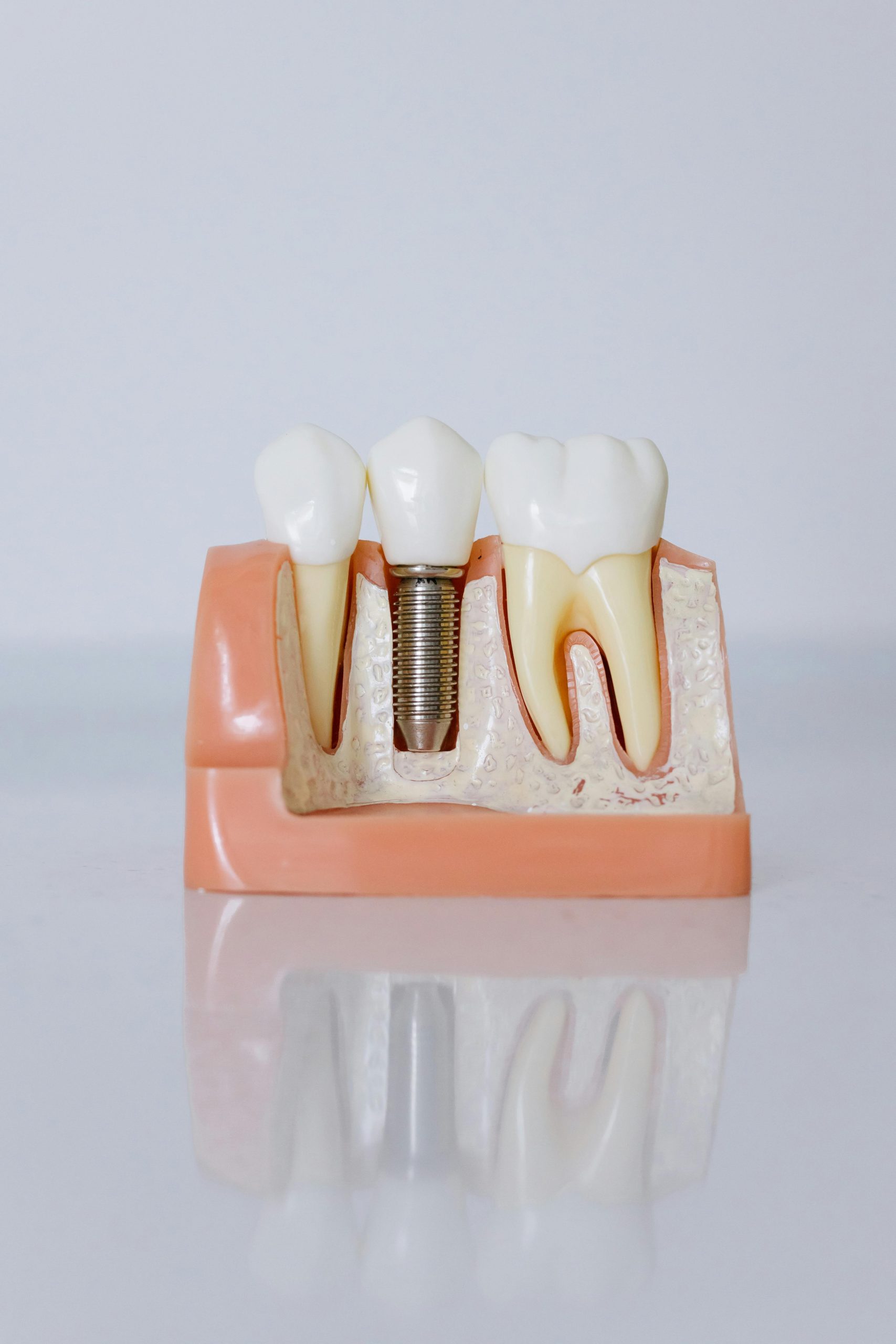Dental implants offer a durable, natural-feeling solution for missing teeth, improving bite and confidence. Understanding the procedures, costs, and aftercare helps make informed choices. From single implants to advanced “Smile in a Day” treatments, options suit various needs. This guide clarifies what to expect, eligibility criteria, and compares implants with alternatives, empowering you to select the best path for restoring your smile.
Understanding Dental Implants: An In-Depth Overview
Arenas Dentistes offers various dental implant options, including titanium screws and zirconia implants. Their benefits over traditional dentures include enhanced stability, a natural appearance, and improved bite strength.
Also to read : Effective Approaches for Alleviating PTSD Symptoms in Military Veterans: Strategies That Work
The long-term success of implants depends on factors like material choice and oral hygiene practices. Most implants, when properly maintained, can last over ten years, with many exceeding 15 years.
Patients considering options like the Smile in a Day treatment can benefit from minimal visits and immediate aesthetic improvements. The process involves precise planning, surgical placement, and a healing period.
Topic to read : Transform your appearance through comprehensive facial rejuvenation options
Understanding the different types of dental implants helps patients choose the best fit for their needs, ensuring durable and natural results.
The Dental Implant Procedure and Technologies
Step-by-Step Surgical Process
Dental implant procedures explained often start with a clinical assessment to determine patient eligibility. Local anesthesia is administered, minimizing discomfort during the incision and drilling phases. The titanium implant is anchored deeply into the jawbone, which starts the process of dental implant integration with jawbone. Healing, or osseointegration, typically takes several months and is crucial for stability. Once healing is established, an abutment is connected, followed by the attachment of the permanent artificial tooth. Temporary prostheses may be provided during this period, allowing for normal function while the implant site heals.
Modern Technologies Enhancing Accuracy
3D imaging for implant planning dramatically improves outcomes. Cone-beam computed tomography (CBCT) scans allow for highly accurate mapping, optimizing both the placement and the fit of implants. Guided dental implant surgery uses custom templates for precise, minimally invasive placement. These technology advances reduce the risk of complications and speed up recovery. In cases where jawbone volume is insufficient, techniques such as bone grafting for dental implants or sinus lifts can restore lost bone, improving eligibility and long-term success. This approach makes dental implant procedures more predictable and effective.
Costs, Success Rates, and Patient Considerations
Dental implant cost factors are influenced by location, practitioner expertise, and the chosen materials. The average cost of dental implants in the UK starts from around £2,400 per implant, which covers the implant, abutment, and porcelain crown. When comparing the dental implant cost UK vs abroad, providers in Hungary, for example, may appear more affordable, but patients must also consider travel and aftercare. Dental implant pricing comparison UK-wide also illustrates that metropolitan clinics tend to charge more than regional ones.
Dental implant success rates remain high, with studies indicating over 90% of implants last at least a decade. However, dental implant success rates are linked to both surgical quality and ongoing dental implant aftercare tips—daily cleaning, routine check-ups, and prompt management of gum issues are essential for durability.
Dental implant eligibility criteria are strict. Candidates must have healthy gums, no uncontrolled medical issues, and good bone density, although bone grafting for dental implants can help some. Lifestyle factors, such as smoking, can reduce dental implant success rates considerably, making oral hygiene vital for long-term results.
Expert Insights into the Leading Clinicians and Clinics
Dr. Antoine Diss, with extensive qualifications in dental implant procedures, stands out for his focus on implantology and periodontology. The dental implant consultation guide offered by reputable specialists emphasizes transparency about eligibility criteria, risks, and the dental implant surgery process. Many patients ask about the best dental implant options and materials, as well as the practical aspects of dental implant aftercare tips.
Making a decision between dental implant clinics Hungary and those in the UK can depend on priorities such as the dental implant cost UK vs abroad, the dental implant pricing comparison UK, and the availability of finance options. Clinics abroad, especially in Hungary, typically offer affordable dental implants abroad, but considerations like dental implant recovery timeline and aftercare must be weighed. Clinics with leading implant dentists clarify dental implant procedures explained, ensuring patients receive individualized treatment plans.
Notable features of excellent implantologists include certification, ongoing training in innovation in implant materials, and a thorough dental implant consultation guide. Clinics should offer clear dental implant cost breakdown UK, robust aftercare, and detail types of dental implants alongside pros and cons.











